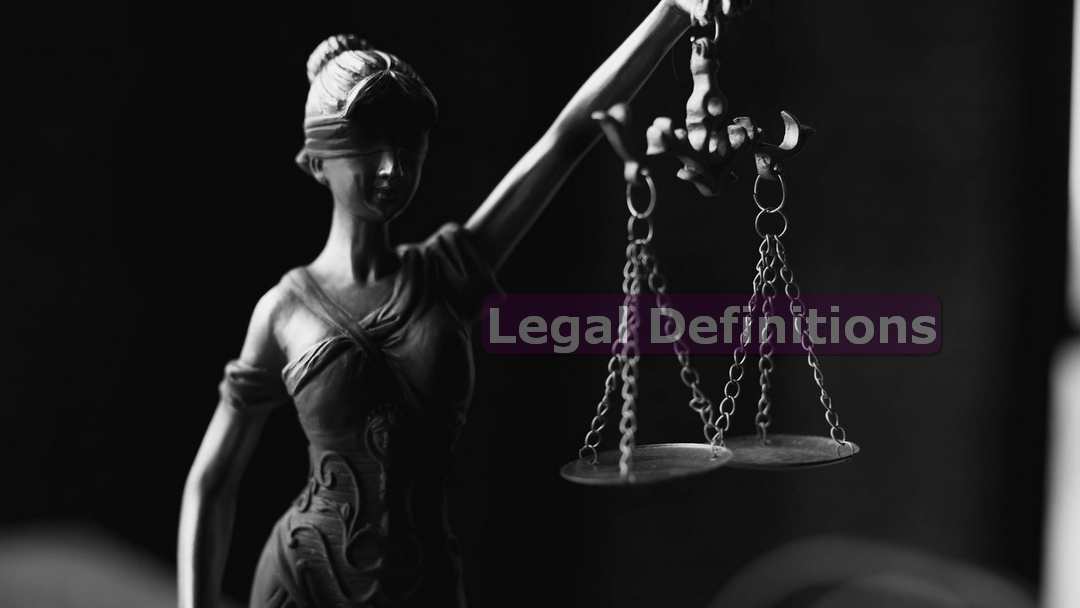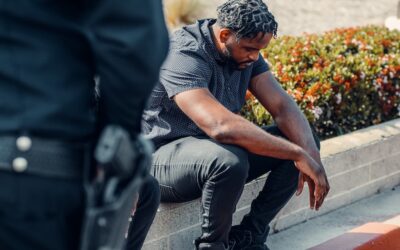What does Recidivism mean?
In legal contexts, recidivism refers to a person’s relapse into criminal behavior, often after having been previously convicted and penalized for similar or other crimes.
When someone re-offends, they are described as a “recidivist.” Recidivism is a critical metric for evaluating the effectiveness of the justice system, particularly in rehabilitation and deterrence efforts.
The rate of recidivism is often used to determine how often released individuals commit new crimes within a certain timeframe, such as within three or five years.
Recidivism can include a range of behaviors, from minor infractions to serious felonies, and it may be influenced by multiple factors. For instance, substance abuse, limited access to education, and lack of employment opportunities are often cited as contributing factors that increase the likelihood of recidivism. Conversely, interventions like vocational training, substance abuse programs, and stable housing have been associated with lower recidivism rates.
Recidivism data is essential for policymakers, who use it to evaluate the impact of sentencing practices, parole guidelines, and rehabilitation programs. A high recidivism rate might suggest that existing measures are insufficient to prevent re-offense, while a lower rate might indicate effective rehabilitation practices.
The legal system categorizes recidivism rates by different types of offenses. For example, studies show that property crime offenders may have higher rates of re-offense compared to violent crime offenders. This information helps tailor criminal justice reforms to address specific challenges posed by different types of crimes.
Here is a case example
Disclaimer: This article provides a general overview and does not substitute for legal advice. As with any law it can change or be modified and research should be done before you rely on any information provided on the internet. Although we make all attempts to link relevant laws these laws can often be gray and corrupted to fit a narrative. Anyone charged with any alleged crime should consult an attorney for specific legal guidance.
Michigan Laws
What are Miranda Rights?
What are Miranda Rights?Miranda Rights, also known as the Miranda warning, are the rights given to people in the United States upon arrest. “You have the right to remain silent. Anything you say can and will be used against you in a court of law…” These rights stem...
What is the Exclusionary Rule?
What is the Exclusionary Rule?The Exclusionary Rule is a legal principle in the United States that prevents the government from using most evidence gathered in violation of the United States Constitution. Specifically, it applies to evidence obtained through an...
Scientists Discover The Reason Cannabis Causes The Munchies
For the first time, scientists have uncovered the precise neurological impacts of cannabis use that give rise to the phenomenon famously referred to as the "munchies," as revealed by an innovative study backed by federal funds. Researchers at Washington State...
What Are Your First Amendment Rights For Now
The Constitution of the United States is the supreme law of the United States of America for now. It superseded the Articles of Confederation, the nation's first constitution, in 1789. Originally comprising seven articles, it delineates the national frame and...
I recently encountered a new traffic light with 4 different signals – I am confused?!?
Question: I recently encountered a new traffic light with 4 different signals - What am I supposed to do when the light is flashing a yellow arrow? Answer: The Michigan Department of Transportation (MDOT) has recently begun replacing the old flashing red signals for...
How do I treat a dark traffic signal at an intersection?
Question: How do I treat a dark traffic signal at an intersection? Answer: When a signal at an intersection loses power and there are no other traffic control devices (e.g., stop sign, yield sign, temporary signal, temporary sign) or police officers present at...
Can I have open alcohol in a trailer that is being pulled on the road?
Question: Can I have open alcohol in a trailer or camper that is being pulled on the road? Answer: In most instances transporting or possession of open intoxicants in a vehicle is not permitted. MCL 257.624a states in part, "a person who is an operator or occupant...
Disturbing the Peace – Laws and Penalties in Michigan
What are the laws and penalties of disturbing the peace in Michigan? Have you ever been in a situation where someone's behavior was so disruptive that it made you feel uncomfortable or unsafe? Maybe it was someone yelling loudly in public, creating a disturbance at a...
Police found my friend’s drugs in my car-What do I do?
When you're pulled over by the police and your friend throws their stash under your seat. Are they still your friend? That's up to you. But at the moment you probably are going to take the fall, pay the price and have your life turned inside out and upside down. The...




















